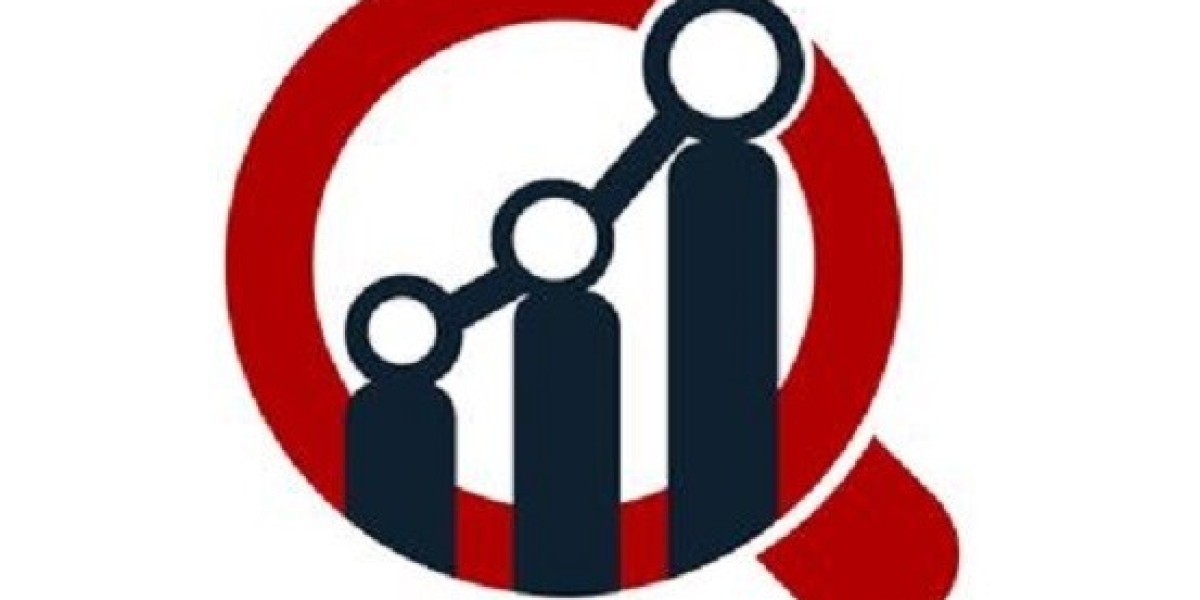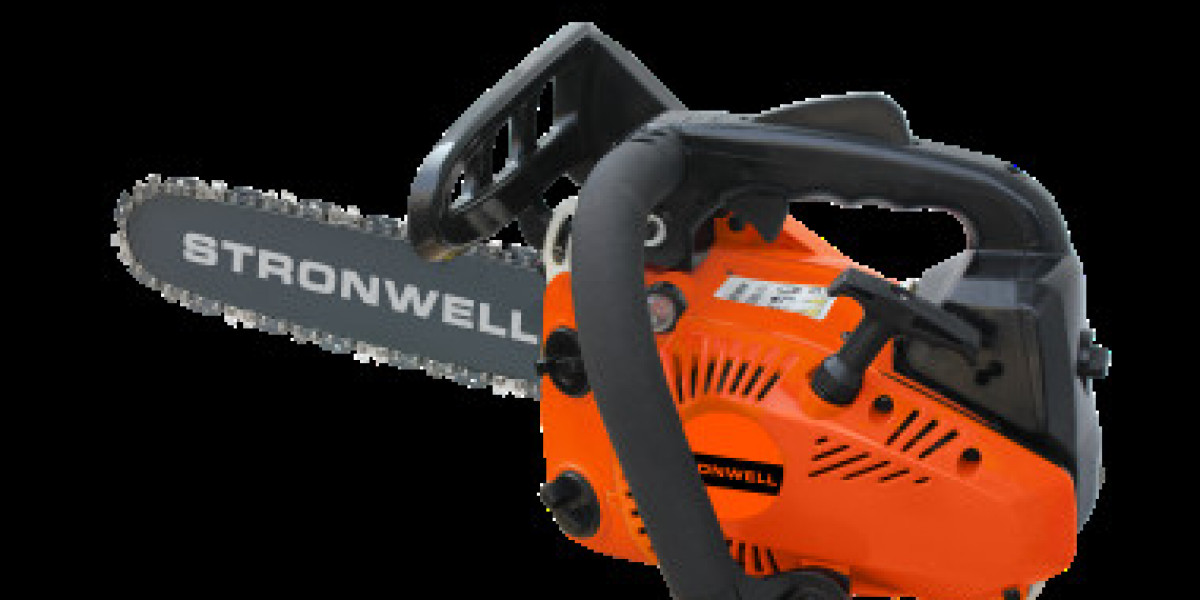Introduction
With a rapidly aging global population, the demand for elderly care products and services is witnessing significant growth. Increased life expectancy, advancements in healthcare, and rising awareness about geriatric well-being are fueling the expansion of this market. The focus has shifted towards innovative assistive devices, home healthcare services, and personalized senior care solutions to enhance the quality of life for older adults.
Understanding the Growing Need for Elderly Care
Aging is accompanied by chronic illnesses, mobility issues, and cognitive decline, making elderly care essential. The elderly require medical support, assisted living solutions, and emotional well-being services to maintain independence and dignity.
Key Factors Driving Demand:
Rise in Age-Related Diseases: Conditions such as Alzheimer’s, arthritis, cardiovascular disorders, and osteoporosis increase the need for specialized care.
Preference for Home Healthcare: Many seniors prefer aging in place, leading to a surge in home-based care services and assistive technology adoption.
Increasing Geriatric Population: By 2050, the global population aged 65 and above is expected to double, significantly impacting the healthcare ecosystem.
Market Growth Drivers
The Elderly Care Products and Services Market is driven by multiple factors, including:
1. Technological Advancements in Assistive Devices
Smart wearables and remote monitoring tools help track vital signs and detect falls, ensuring quick medical intervention.
AI-powered robotic caregivers and virtual assistants improve companionship and daily assistance.
2. Expansion of Home Healthcare Services
Telemedicine and remote consultations allow elderly patients to receive medical guidance without hospital visits.
Personalized home nursing and palliative care ensure comfort and safety for aging individuals.
3. Government Initiatives and Support
Many countries are implementing healthcare reforms to provide subsidized elderly care services.
Investments in long-term care facilities and insurance policies are increasing senior accessibility to quality care.
Challenges and Barriers
Despite market growth, certain challenges hinder the expansion of elderly care services:
1. High Cost of Professional Elderly Care
Assisted living, nursing homes, and medical devices can be expensive, limiting affordability for many families.
Insurance coverage for elderly care services varies across regions, making accessibility inconsistent.
2. Shortage of Skilled Caregivers
There is a growing gap between the demand for and availability of qualified healthcare professionals specializing in geriatric care.
Training programs for elderly care specialists need to be expanded to meet the rising need.
3. Lack of Awareness in Developing Regions
In developing countries, traditional family-based care models dominate, leading to limited adoption of professional elderly care solutions.
Efforts to educate caregivers and families about modern elderly care innovations are essential.
Future Market Outlook
Integration of AI and robotics in caregiving will enhance automation in elderly assistance.
Smart homes with IoT-enabled medical monitoring systems will reduce hospitalization rates.
Advancements in personalized nutrition and wellness programs will promote healthy aging.
Conclusion
The Elderly Care Products and Services Market is evolving rapidly, driven by technological innovations, rising awareness, and government support. With continued improvements in healthcare accessibility and affordability, the future of elderly care looks promising, ensuring a better quality of life for seniors worldwide.







